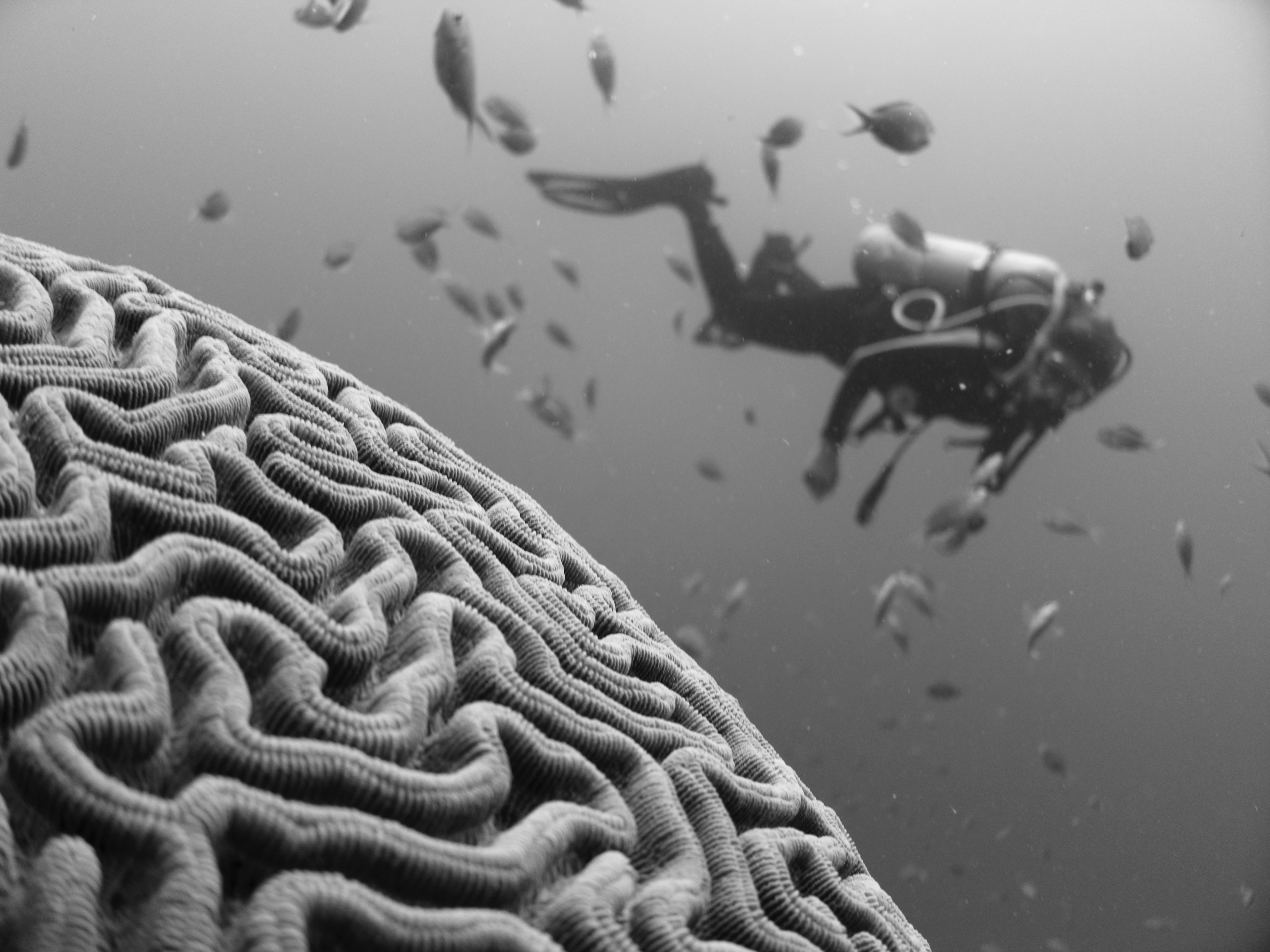Loss of a loved one, be it family, friend, or pet, is one of life’s most difficult experiences. Accepting and adapting is a process of incremental changes.
Realization of who is left, (loved ones still there, and sometimes those added after...
EMDR
The Adaptive Information Processing (AIP) model is the theoretical, neurobiological concept foundational to EMDR therapy. According to the AIP model, the human brain processes new information by a way of a physiological system of existing memory networks that are responsible...
Did you ever wonder how a couple who loved each other when they got married could, “x” number of years later, treat each other so abominably during a divorce? What happened to them? Why do people, even family members, become...
Treating addictions can be tricky because addictions serve a purpose in the addicted person’s life, despite being self-destructive in the long run. Where to start first, the underlying trauma or the addiction, has always been a dilemma for trauma therapists....
Experiencing loss is inevitable. Due to the multi-aspect nature of our instinct to survive, our subconscious will not let us fully acknowledge that we too will certainly face the tragedy of losing a loved one. Death is a part of...
Normally one part of the brain communicates with other parts through a network of chemical connections relayed by neurotransmitters. Communication is almost instantaneous between the billions of cells in the brain. However, that level of connection is impaired during and...
Doctors often see patients presenting with physical ailments affecting the nervous systems that are not associated with any true injury or illness. These ailments arise from the embodiment of intense psychological distress and can range from epileptic-like seizures where there...
Sometimes there is not an obvious, stand-alone cause of posttraumatic stress disorder (PTSD). An accumulation of small “t” traumas can also result in PTSD such witnessing an accident or domestic violence, having an illness with a long recovery time, experiencing...
What to expect in EMDR therapy. Eye Movement Desensitization and reprocessing (EMDR) is a bottom-up therapy rather than top-down. This means that EMDR therapy works more with the subconscious, nervous system and body rather than exclusively with the pre-frontal cortex...








